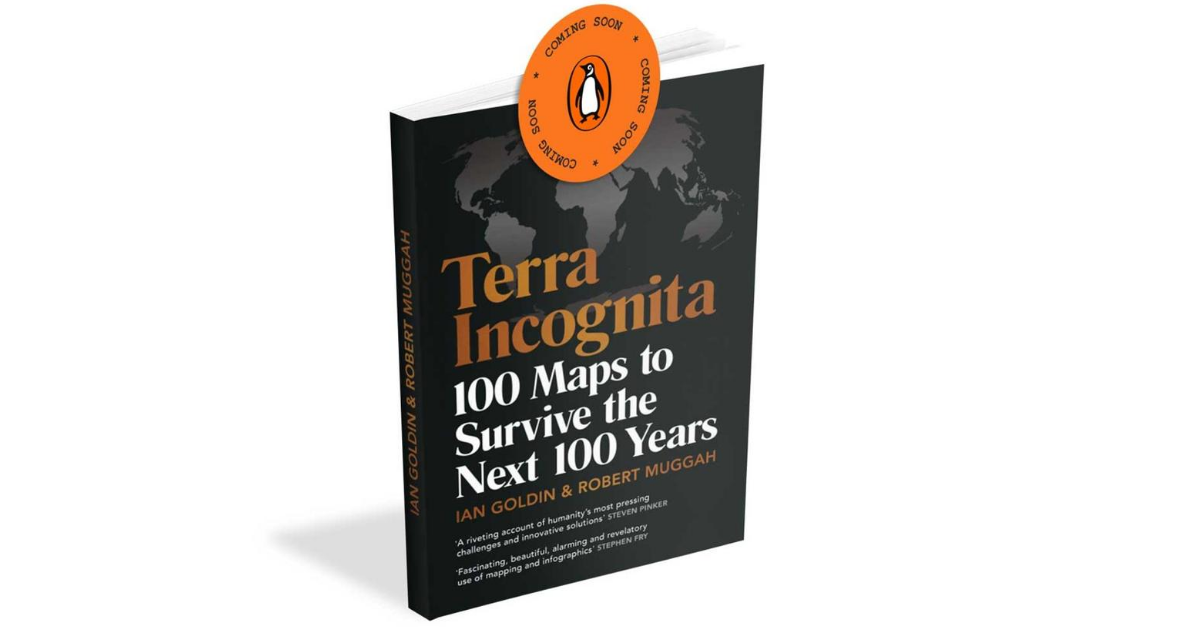The lay of the land: how geography shapes national destiny
Published in the Financial Times
With Robert Muggah
Admiral John Aquilino, the US naval leader who is scheduled to take charge of America’s military forces in the Indo-Pacific, recently issued a stark warning about a possible future Chinese invasion of Taiwan. “This problem is much closer to us than most think,” he said during Congressional confirmation hearings, implying that President Xi Jinping of China could attempt to retake the East Asian island by force within the next five years. His words only served to underline rising alarm among western military thinkers that Taiwan could quickly be where the new cold war turns suddenly hot.
Such geography-first analysis is not entirely original. Robert Kaplan’s The Revenge of Geography staked out similar ground a decade ago. Last year, Ian Goldin of the University of Oxford and Robert Muggah, a Brazil-based policy analyst, also released Terra Incognita: 100 Maps to Survive the Next Hundred Years. Briskly written and handsomely illustrated, it has recently been updated to include new analysis on the coronavirus pandemic. Its many dozens of maps add up to a global picture in which “twenty-first century geopolitics look unstable from virtually every angle,” the authors argue, from chaotic mass urbanisation to disorderly climate migration.
Read more



